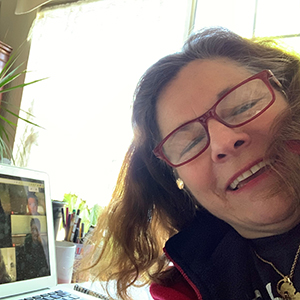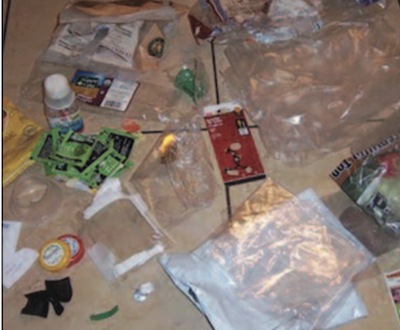For neurodivergent children, the holiday season can be challenging. This time of year is full of new experiences, new foods, new sounds, and new people. Simply put — for children who are neurodivergent, special needs or highly sensitive — new often equals hard. And when kids are having a hard time, parents are usually having a hard time as well. So how can parents keep the joy and fun of holiday activities and traditions while supporting their child? Here are four practical strategies for navigating the holiday season with a kid who needs some extra support. But first, let’s unpack why some children struggle with the holiday season.
Why exactly are the holidays hard for kids with special needs?
Holidays are often when we meet with extended family and friends to celebrate together. This means more people together in one space, either “invading” a child’s safe place or making the child go to a new, unfamiliar place. The holidays can be a sensory overload for neurodivergent/special needs children. The bright lights, loud noises of music and people talking, different foods, and increased activity can feel overwhelming for these children. Especially for kids who thrive on routine and predictability, these times can be uncomfortable. Their schedules are different, they don’t know what to expect, and they are around new and unfamiliar people and places, which can all create fear and dysregulation.
So how can parents approach holiday gatherings and traditions in a way that supports their special needs child?
Prepare your child and your family by talking about what to expect
Do this early – think weeks in advance – and often. Describe or bring up details that your child knows or remembers. For example, “We are going to Nana’s house for Thanksgiving this year. Remember, she has the green house with the trampoline in the back.” Let them know what the plan is so they feel prepared and are not caught off guard. Such as, “We will get to the house, and you can play on your tablet, then we will eat dinner and afterwards, we can go home.”
*Bonus tip: If your child is visually focused, make a visual schedule for the day or show pictures of family members they are going to see or a video of the place they will be at.
Prepare your family and friends
Let everyone know about the child’s sensory needs. For example, “Clara will be using an AAC device, she can talk with you through that and she might show you some pictures.” Or “Please do not ask Ben to give hugs or make eye contact.” It’s also helpful to tell family and friends about the child’s interests so they can more easily connect. Saying something like, “Antonio loves sea creatures. If you’d like to get to know him better, ask him about his favorite sea animals.”
Finally, if your child exhibits common behaviors when they are overwhelmed or dysregulated – such as tapping, yelling, singing loudly, etc. – let your friends and family know about this before you arrive and before they see it.
Bring comfort items from home to put your child at ease
If your child has a favorite toy they usually want to bring everywhere, this isn’t a time to leave it behind. Come prepared with common items or activities that help regulate your child and bring them with you! If watching a video on their tablet helps them regulate, make sure you have the tablet charged and ready to go. It can also be very helpful to bring familiar foods or snacks for your child. This doesn’t mean they can’t sit and eat at the table with everyone, but make them feel comfortable and nourished while being a part of holiday traditions.
Meet your child at his/her level and advocate for them by holding boundaries when necessary
Setting boundaries for your child can look like saying no to caroling if they hate loud noises, not forcing them to play with cousins if they prefer to play alone or giving them some of the holiday meal without any pressure to try these new foods. Get comfortable with your child saying “no” to certain aspects of holiday traditions and honor the boundaries they set for themselves, such as not wanting to give someone a hug, or needing a break from the noise and activity.
Katelin Carollo, CCC-SLP,is a speech language pathologist and clinical director at Central Coast Language & Learning Center.








